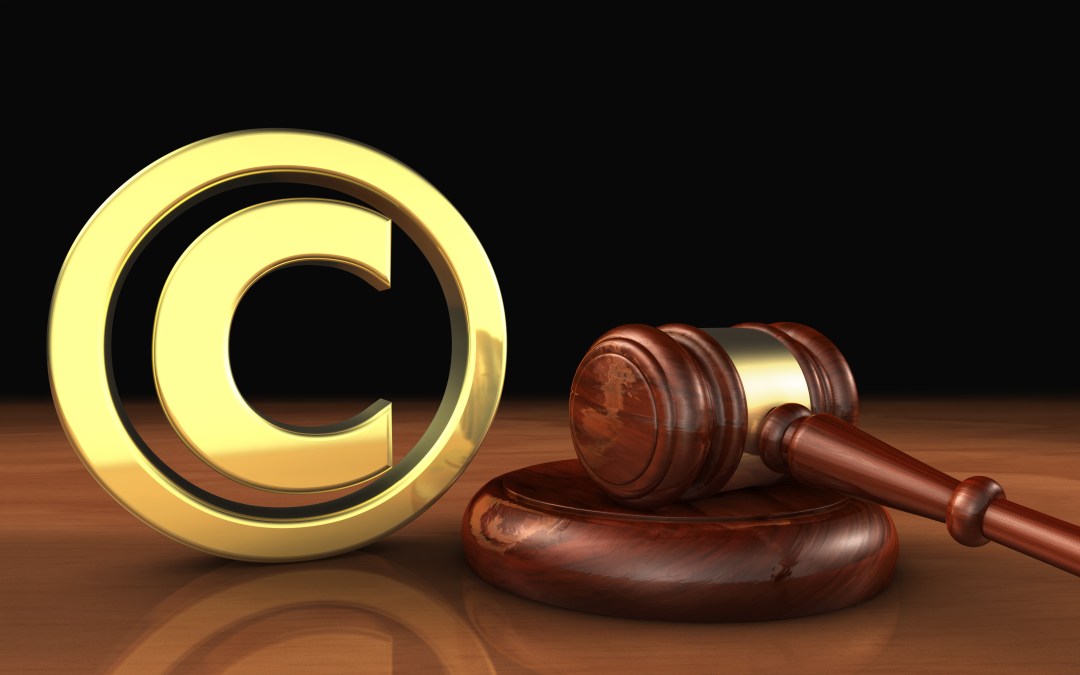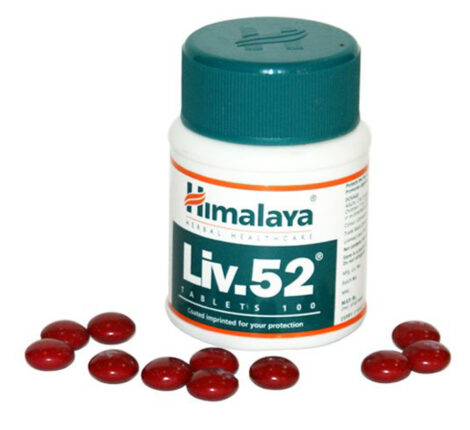Copyright Registration- Mandatory Or Not?
Introduction
Section 13 of the Copyright Act, 1957 defines the works in which the copyright shall exist, and they include original literary, dramatic, musical and artistic works; cinematograph films; and sound recordings. What is to be noted is that to be copyrighted, the works so mentioned are required to fill just one criterion, and that is originality.
Section 13, along with Copyright Registry’s website and the various precedents, lay down just the originality requirement, and there is no mention whatsoever of the required registration. Numerous decisions are pronounced by the Hon’ble High Courts, which have laid down the exact condition of originality and negated the need for compulsory registration. These include, judgments such as Glaxo Orthopedic U.K. Ltd. v. Samrat Pharma and Rajesh Masrani Vs. Tahiliani Design Pvt. Ltd pronounced by the Delhi High Court; R. Madhavan vs. S.K. Nayar pronounced by the Kerala High Court; K. Marari v. Muppala Ranganayakamma and K.C. Bokadia and Anr. vs. Dinesh Chandra Dubey pronounced by the Andhra Pradesh High Court; Zahir Ahmed v. Azam Khan pronounced by the Calcutta High Court; Burroughs Wellcome (India) Ltd. v. Uni-Sole Pvt. Ltd. and Ors pronounced by the Bombay High Court among others.
However, various other judgments that have taken a stand opposite to the above, complicating the position of law on the question that “whether it is necessary to register a work to claim copyright or not?”. There are various judgements which have laid down registration as a mandatory requirement for a work to be copyrightable such as Gulfam Exporters and Ors. V. Sayed Hamid and Ors pronounced by the Bombay High Court, Dhiraj Dewani v. Sonal Infosystems pronounced by the Bombay High Court; Brundaban Sahu v. B. Rajendra Subudhi pronounced by the Orissa High Court and Mishra Bandhu Karyalaya and Ors. v. Shivratanlal Koshalwhichpronounced by the Madhya Pradesh High Court among others.
The latest judgment of the Bombay High Court in the case titled Sanjay Soya v. Narayani Trading has attempted to clear and simplify law dealing with the importance of registration in getting copyright protection. Via careful and detailed scrutiny of the previous decisions, the court has aptly concluded that copyright registration is not mandatory to obtain relief in an infringement action.
Facts of Sanjay Soya v. Narayani Trading in brief
In the present case, both the parties were involved in selling edible and cooking oils of various types, including soyabean oil. The plaintiff, Sanjay Soya, accused the defendant, Narayani Trading, of illegally copying their registered label mark along with the colour scheme of the packaging. The label mark consisted of a yellow colour scheme, an image of a family, a painting depicting soybeans, and a teardrop of oil. The plaintiff claimed that the use of the mark by the defendant amounted to infringement of their trademark, which was vested in the label mark as well copyright vesting in the artistic work.

The defendant contested the plaintiff’s claims that the latter had no copyright registration over the mark, along with the validity of the assignment between the plaintiff and the artist who designed the mark. The defendant also claimed that the plaintiff could not be an artist as per the meaning given in Section 2(d) as they are a commercial entity. Lastly, they claimed that the plaintiff could not own two intellectual property rights simultaneously, i.e., trademark and copyright in the same item.
Decision
Before laying down a detailed decision in the present case, the court examined the existing position of law and the precedents on the question. In particular, the court delved into the judgment laid down in Dhiraj Dewani v. Sonal Infosystems by a single judge bench of Bombay High Court. The court held the decision to be unreliable and dissected the case in detail, giving reasons why.
The court first and foremost held that provisions relating to trademark and copyright are distinct and incomparable. Putting the two on equal footing is a misinterpretation of the law and is not advisable to be followed. While registration of trademark grants additional benefits upon the proprietor, the same is not valid in the case of copyright registration. Registration of trademark enables the proprietor with the right to sue for infringement under Section 29 of the Trade Marks Act, 1999. However, registration of copyrights does not bestow any such extra rights to the owner/creator. The court held that the nature of both the intellectual properties is different. They work in entirely separate spheres, overlapping from time to time, wherein different IPRs exist together in a property. Work may be eligible for trademark registration for the label and copyright registration for the artistic element in it. While the qualification for protection under trademark law is registration, the only requirement for protection is originality in the case of copyright law.
Further, analysing Sections 51 and 45(1) of the Copyright Act, 1957, the court stated that neither of the two lay down registration as a mandatory requirement. Further, Section 45(1) of the Act only lays down an option for the owner to apply for copyright registration. The court also referred to the Berne Convention of 1886, to which India is a member. There are three fundamentals as per the convention: national treatment, automatic protection (protection without any conditional compliance or formality), and independence of protection. Hence, copyright protection cannot be subject to any compliance or courtesy, including registration.
Concerning the plaintiff’s claims, the court held that defendant had copied the label of the plaintiff’s product with mala fide intent of causing confusions and deceive the consumers to gain unfair advantage over the hard work and popularity of plaintiff. The court further held that the defendant had substantially copied off plaintiff’s mark.
To come to the above conclusion, the High Court referred to the ‘Classic Trinity’ given by Oliver LJ in Reckitt & Colman Products Ltd v. Borden Inc., as
- goodwill owned by a claimant
- misrepresentation
- damage to the goodwill of the claimant
These are the points that a plaintiff has to prove in a claim of passing off, which, as per the court in the present case, were prima facie proved by the plaintiff, Sanjay Soya. The plaintiff had a reputation and a presence in the market, of which the defendant was aware. The court then stated that when looking at the packaging of both the products side by side, it was hard for them to differentiate between the two; specifically, the bench said, ‘which is whose? I cannot tell’.
Conclusion
Dismissing the interim application in the case, Justice G.S. Patel held that “Copyright registration is not mandatory under the Copyright Act, 1957”. The judgment clarified the position of law regarding the question of the importance of copyright registration. It also came as a significant attempt at resolving the confusion regarding the same owing to the varied judgments giving conflicting conclusions.




